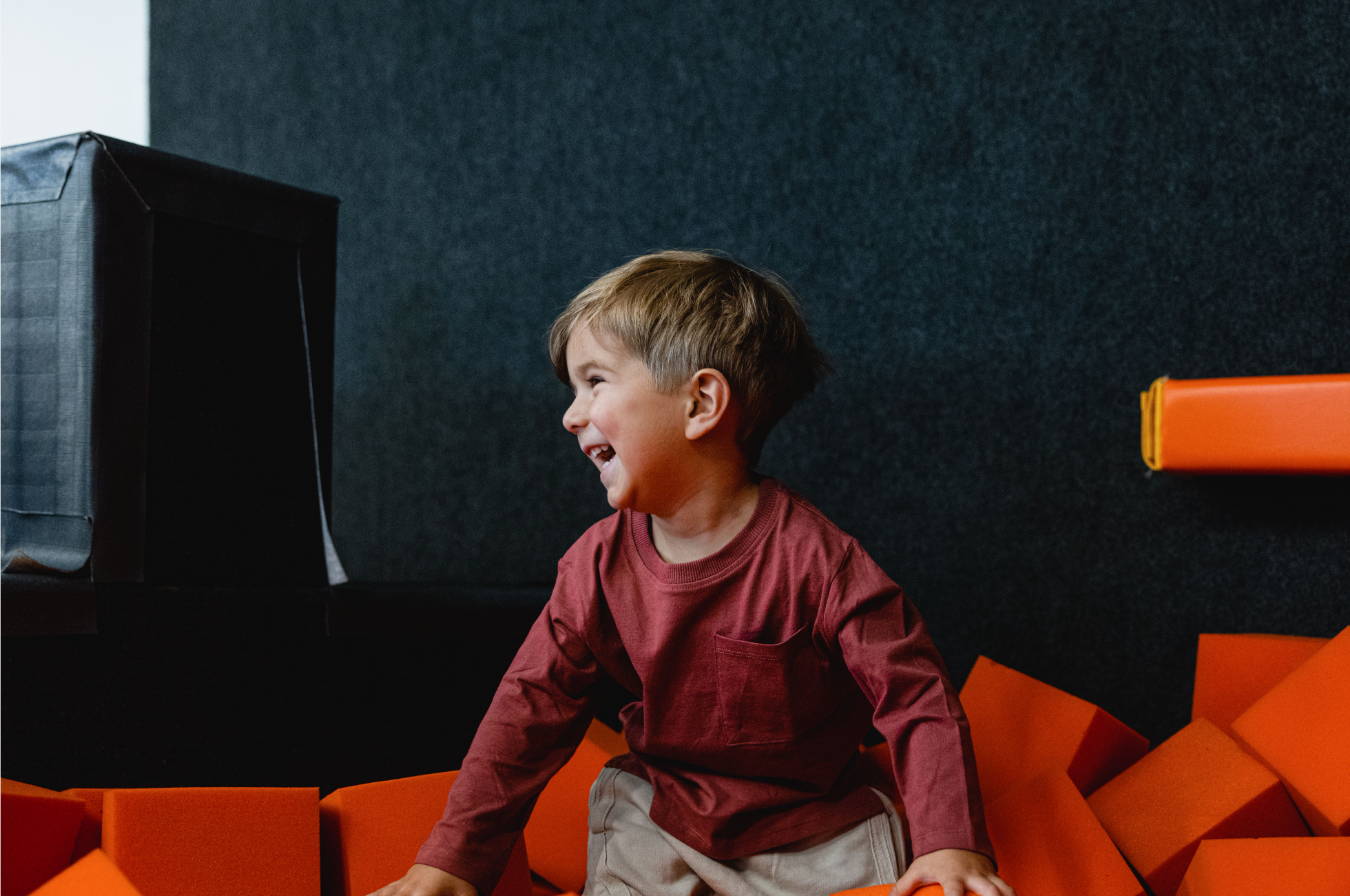Teaching your little one how to be a good friend

Teaching your little one how to be a good friend
April 11, 2023
By: Dr. Allie Ticktin
Learning how to navigate friendships is not always easy—and it certainly takes work to learn how to be a good friend. As a child develops their social skills, they will come to face the natural challenges of interacting with others, like sharing and getting along with other kiddos. Rest assured that every kid experiences these challenges! However, in the name of raising happy, kind and empathetic children, there are a few things that you can do as a parent to help your child have successful playdates and be a good friend.
As a child development expert, here are my top four tips to help your little one learn to be a good friend:
Talk about flexibility and sharing
Learning to compromise and share is a huge part of learning to be a good friend! There are so many opportunities to teach your child flexibility at home. Point out moments when you are flexible as you are playing with your little one. For example, rather than simply following their lead, you can also make requests. Try saying, “I want to use the red ball.”
At other times you can compromise, pointing out that you were flexible, saying something like, “OK, sure, I can be flexible and use the green ball instead.” You can also encourage & ask your child to be flexible. For example, you can say, “Could you be flexible and use the green ball this time so I can use the red ball?” The same goes for sharing: Ask your little one to share their toys with you and help them practice the skill. Practicing this skill set among other family members at home will help to generalize flexible thinking and sharing outside of home too!
Help them handle the unexpected by validating their feelings
Things never go quite as expected when it comes to children. Adults are much more predictable than children, which can make it really hard when your child first starts playing with other kids. Much like adults, children may have big feelings when things don’t go according to plan. It is so important that we validate a child’s feelings, making sure that they know it’s OK to have big feelings and help them work through those emotions in a productive way.
Children may react to the unexpected by becoming upset or even hitting or biting. If a child gets upset when something unexpected happens, first, validate their feelings by saying something along the lines of “I understand that was really unexpected. You really wanted…” Then help them come up with a solution to the problem. The solution may even be taking a body break and a moment away from their friends, giving them the time and space to regulate—and that’s OK, too.
Set them up for success on playdates
Plan it for a good time of day: While your little one starts to have playdates and is learning about being a friend, set them up to have a successful playdate by first choosing a time of day that is calm. Try choosing a time of day that’s ideal for all the kids coming to the playdate, rather than shifting a nap in favor of a playdate.
Meet at a neutral location: Sometimes hosting other children in a space with your child’s toys and personal belongings can be hard, especially when they are new to sharing. Meeting at a neutral location, like a park or museum, can help alleviate this challenge a bit!
Discuss how toy sharing works beforehand
If you are hosting the playdate, talk about sharing toys before the other children come over. With your child helping, set aside any special toys that your little one will have a very hard time sharing. Place them in a closet or a space where the other children can’t access them until after everyone leaves.
Set up structured activities:
Some children really benefit from structure. You can build structure into the playdate by preplanning and setting up structured games and activities. This is a great tool for kids who have a hard time jumping in to play or struggle with self-regulation during playdates.
Teach them to express their feelings and set boundaries in a kind way
As mentioned earlier, it is important for every child to learn that it’s OK to express their feelings and set boundaries with their friends, especially if they don’t like something. We want to help a child set boundaries in a kind and effective way. If another child is doing something that is bothering them, like maybe getting too close to them, being mean or inflexible, you can help your little one talk through it with their peers and tell their friends when they don’t like something.
Teach them to use their words, saying something like, “I don’t like when you do that. Will you please stop?” It’s also great to teach a child that it is OK to need a body break or a few moments to play alone at times. This is another great skill to practice at home—especially with siblings.
Friendship is one of the most special relationships a person can have, and it all starts in childhood. That’s where we learn what friendship means and how to be a good friend. Remember that it is normal if your little one has a hard time sharing or a hard time being flexible as they first begin experiencing playdates. Guide them through it, and most importantly, continue to play!
Xoxo,
Allie + Team P2P
